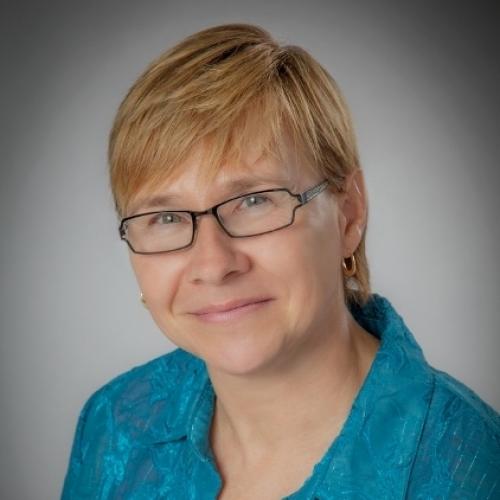FILTERS
Treatment and Services Offered
Languages offered
Accepted age groups
| Prev |
You may also want to try a center in another location:
About 19% of South Carolina's 4.7 million residents live with mental health issues. According to the National Alliance on Mental Illness (NAMI), 61% of students who have severe mental health issues eventually dropping out of high school. Finding the right mental health service is key to overcoming mental health challenges for area residents.
Residential Treatment Centers in South Carolina Offer Intensive Treatment
Residential treatment centers provide round-the-clock support for South Carolina residents experiencing substance abuse problems, mental health issues, and serious emotional distress. These facilities serve as a safe place to focus on sobriety or mental health and offer a variety of services ranging from individual therapy to medication management. Under the Affordable Care Act, insurance plans are now required to cover mental health conditions, which means your insurance plan may cover all or a portion of your care.
Many South Carolina facilities specialize in specific mental health conditions, such as disordered eating or addiction. These facilities can help you if you struggle with bulimia, anorexia, or binge eating disorder, for example, while addiction treatment centers facilitate recovery for clients struggling with substance abuse challenges. Because each facility offers something a bit different, services vary. In general, though, you can expect to have access to all or most of the following services:
- A safe environment in which your basic needs are tended to and where drugs and alcohol are forbidden.
- Individual therapy that can help you gain more insight into your life, condition, and needs. You may also be able to attend group therapy with people who have struggled with challenges similar to your own.
- Support groups such as Alcoholics Anonymous and Narcotics Anonymous.
- Medical assistance for your mental and physical health. Depending on your needs, this may include detox support, medication management, and treatment for co-occurring health conditions.
- Enrichment activities that can help you master new skills, boost your self-esteem, and distract you from the challenges that brought you to residential treatment.
Many residential treatment centers also offer outpatient care. After you check out, you may participate in intensive outpatient programs that last all or most of the day, or continue to attend therapy or support group meetings at the center. Some facilities also offer care to people who are not previous residents.
Mental Health Care in South Carolina
According to Mental Health America's Parity or Disparity: The State of Mental Health in America, South Carolina is in the middle of the pack, ranking 33rd among all states for mental health care quality and access. Among people who need public assistance to pay for mental health care, proper care can be challenging to access. NAMI also reports that the state's public health programs provide mental health care for only 30% of adults who need it. The state spent just $60 per person on mental health care in 2010, a figure that marks a decrease from a previous high of $66 per capita in 2006.
Proper mental health care can greatly reduce individual distress, as well as several serious societal problems. About 70% of children incarcerated in detention centers have mental health conditions, and 31% of female and 14% of male jail inmates face serious mental health difficulties. About 8.2% of the state's population, or 289,000 people, struggle with addiction.
South Carolina's Demographics
Whites are the majority in South Carolina, constituting 68% of the population. Those identifying their race as black make up approximately 28% of the population. American Indian and Alaska Natives are just .5% of the population, Asians make up 1.5% of residents, and people identifying as two or more races make up almost 2%. More than 18% of residents live below the poverty line and the median household income is almost $45,000, which is quite a bit lower than the national average of $53,000.
References:
- Mental Health America. (2014). Parity or disparity: The state of mental health in America, 2015. Retrieved from http://www.mentalhealthamerica.net/sites/default/files/Parity%20or%20Disparity%202015%20Report.pdf
- Mental health spending: State agency totals. (n.d.). Retrieved from http://www.governing.com/gov-data/health/mental-health-spending-by-state.html
- South Carolina. (2014, December 4). Retrieved from http://quickfacts.census.gov/qfd/states/45000.html
- State Statistics: South Carolina. Arlington, VA: National Alliance on Mental Illness, n.d. PDF.









